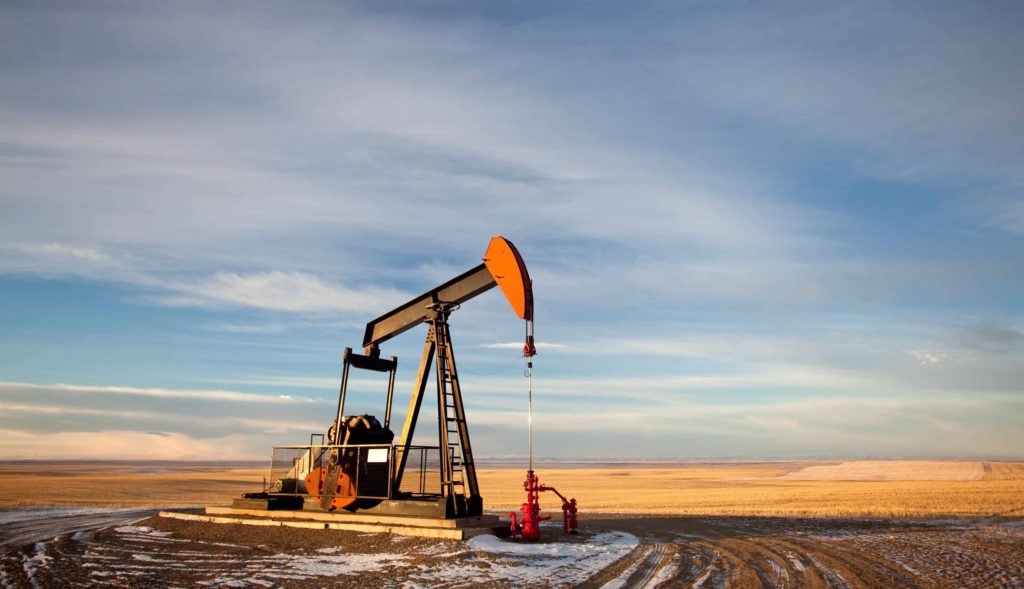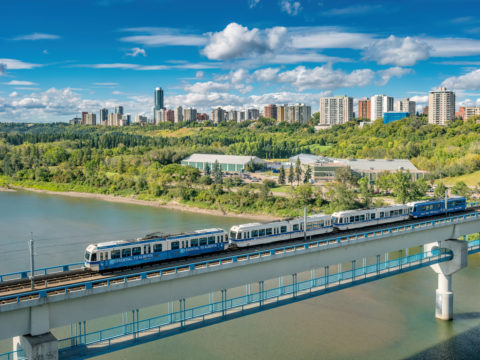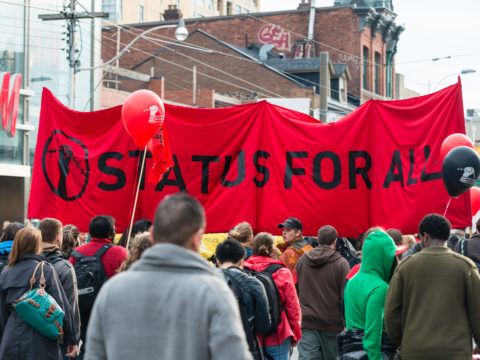
Effective November 1, Alberta will make sweeping changes to the province’s temporary foreign worker program in an effort to give jobs to unemployed Albertans.
In the October 26 announcement, the Government of Alberta claims the efforts will result in 1,350 being given to unemployed Albertans who are struggling during a global pandemic.
Changes to the Alberta Temporary Foreign Worker (TFW) Program
The changes will impact 475 occupations in the accommodation and food services, retail trade, transportation, construction, and professional, scientific and technical services. The Alberta government did not disclose the specific occupations that will be no longer be eligible for a work permit but the release did state that the vast majority of all occupations will be ineligible for a work permit.
Temporary foreign workers already in the province will be unaffected. Additionally, no changes are expected for workers in agriculture, health care, technology and emergency response.
New student entrepreneur provincial nomination streams announced
Also included in the Oct. 26 announcement was the creation of two new streams to Alberta’s Immigrant Nominee Program (AINP). These new streams of immigration are to attract and retain international graduates who wish to start a business in Alberta.
The International Graduate Entrepreneur Immigration Stream (IGEIS) is for graduates of post-secondary institutions in Alberta who wish to start a business in the province.
Then in early 2021, AINP will create a similar stream of immigration to the IEGIS but for graduates from U.S. colleges and universities.
“We are taking bold actions and delivering on our commitment to attract newcomers who will start businesses, invest, and create jobs for Albertans. These actions will help strengthen our economy and let us take advantage of untapped talent by making it easier for international graduates to put their ideas to work here in Alberta.” — Jason Copping, Minister of Labour and Immigration
Alberta’s economic decline
Despite creating 38,000 jobs in September, Alberta’s economic recovery is slower than other provinces like Ontario, Quebec, and British Columbia.
Once the powerhouse of the Canadian economy, Alberta’s economic situation was in dire straights even before the global COVID-19 pandemic. Alberta’s economy is heavily dependent on oil and gas exports. The extraction costs for Alberta petrochemicals are very high. Lower oil prices are extremely detrimental to the province since it depends heavily on fossil fuel extraction to bolster its economy.
As Canada, and the world, move toward a more carbon-free future, it will create less demand for fossil fuels. The future of Alberta resource-based economic prosperity and investment in the oil sands is uncertain.




